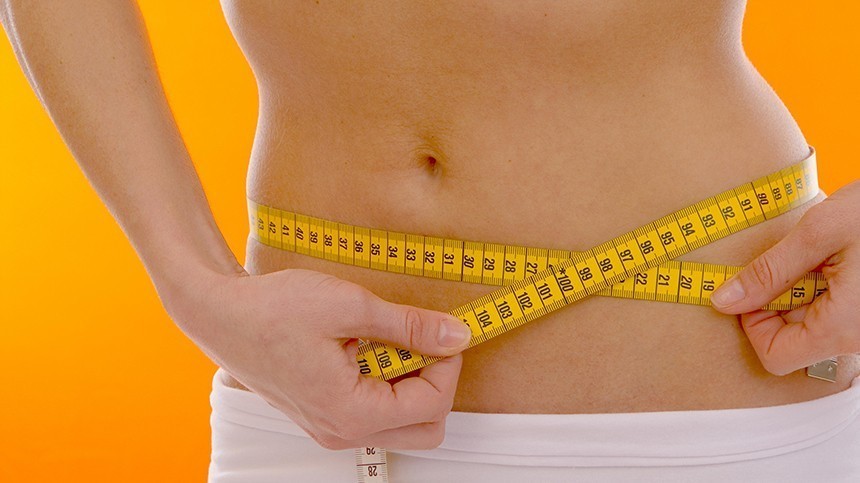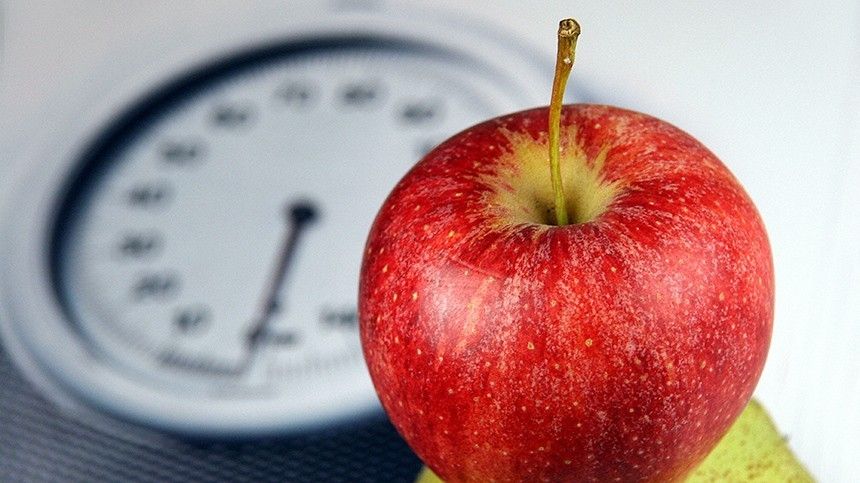[ad_1]
Many people periodically have a desire to eat sweets. In some cases, this is a normal reaction of the body. But sometimes such cravings require a doctor’s consultation. KP.RU has collected advice from experts to help you understand the peculiarities of eating behavior.
Or maybe you just don’t eat enough?
Some bad habits accompany people from childhood. They also include a love of sweets. For example, dad comes back from a business trip as a child and brings sweets “Bear in the North”. As an adult, a person buys these sweets again. So he tries to get the same joyful emotions that he experienced when he met his father after a long separation.
According to nutritionist Lyudmila Denisenko, irritation of the taste buds of the tongue, which react to sweets, revives pictures of a carefree childhood in memory. A person returns to those happy moments for a short time.
“But it may well be that behind the craving for sweets lies a feeling of hunger. To understand this, analyze whether you eat enough for breakfast, lunch and dinner, maybe you don’t eat enough? Or are you eating too fast, swallowing large bites, and your blood sugar doesn’t have time to rise to tell your brain you’re full? Then this problem is easily solved. Just start eating properly, with the arrangement. But even if you eat right, but you still want a candy, remember: one candy or coffee cake is not a problem.— said the expert Denisenko.
It is worth sounding the alarm when cravings for sweets exceed reasonable limits. For example, if a person alone eats a large bucket of ice cream, a whole cake or a box of chocolates. At the same time, as a rule, he does not experience either joy or saturation. In this case, you need to seek help from a psychologist, or better, a nutritionist and an endocrinologist. Such a strong craving for sweets can be a signal of severe stress, a lack of magnesium, and even more serious health problems.
How to cheat emotional hunger:
- Drink a glass of warm water and wait about 20 minutes. If the desire for something sweet does not disappear, then eat this candy or cake. It is important that there is no feeling of guilt. Treat this with understanding: the body and brain need it. Don’t rush, enjoy the moment.
- Try brushing your teeth. If you have mint-flavored toothpaste, it often discourages the desire to eat. And to this is added the psychological effect when you do not want to eat immediately after brushing your teeth.
- Call friends or relatives. During the conversation, you will be distracted from thoughts about sweets.
- Go for a walk or go to the gym.
- Take off your clothes and stand in front of a mirror. Do you really need this candy?
Not only overweight, but also cysts, warts …
Each cake or candy is food for our body. Nutritionists say that you should eat three times a day and not bite. General practitioner Natalia Gorn explained this by the fact that with any meal, our wisely arranged body releases insulin. The more carbohydrates, that is, sugar, in this intake, the more this hormone is produced for its utilization.
In a normal situation, the level of glucose in the blood increases after eating, insulin is synthesized. The hormone addresses the cell through its receptor. She, having heard the signal, “opens the door” for glucose, which goes inside and goes to produce energy. At the same time, its level, as well as insulin, decreases. And so in a circle.
The development of insulin resistance leads to a deterioration in the action of the hormone insulin on the cells of insulin-sensitive tissues — muscles, liver and adipose tissue. The full utilization of glucose in the cell requires more and more insulin, and its level in the blood remains within the normal range at the first stage of the development of this condition.

In the future, the process develops: insulin resistance — obesity — prediabetes — diabetes.
In a state of insulin resistance, a person eats often and a lot of fast carbohydrates, such as sweets, cake, cookies, and at the same time bites. The result is a rapid increase in blood glucose, which insulin tries to distribute (this is necessary because of its danger to the body at high concentrations).
The constant effect of the hormone on the cell through the receptor leads to the fact that the signal is no longer perceived. The body’s production of insulin continues to rise to amplify the signal and deliver glucose to the hungry cell. But as a result, the creation of its reserves in fat cells begins.
Read also

The psychotherapist called the perfect product for stress jamming
Complicating the situation is that high insulin not only contributes to weight gain, but also provokes the development of papillomas, polyps and fibroids, fibroadenomas and cysts in the chest, tumors and other problems.
Is an eating disorder to blame?
A common cause of weight gain is emotional overeating (for example, stress eating). Sometimes people do not notice some of the nuances of their actions, and the pounds keep piling up.
According to nutritionist Anastasia Egorova, people can experience an eating disorder at any age. Often the prerequisites for its violation are rooted in childhood and are waiting for the right moment to come out. Many factors can cause them: the birth of a child, divorce, diet after surgery. It is important to understand the source of the problem with a psychologist.
The nutritionist states that the physiological causes of this condition must be ruled out before starting treatment for an eating disorder. In other words, you need:
- Take a blood test for sugar: it should not be lowered by more than 3.3 mmol / l.
- Get tested for thyroid hormones: their level should be normal.
- Carry out computed tomography of the brain to exclude tumor formations of the brain.
- Consult a gynecologist to rule out organic causes of amenorrhea and sterility.
[ad_2]

Добавить комментарий
Для отправки комментария вам необходимо авторизоваться.